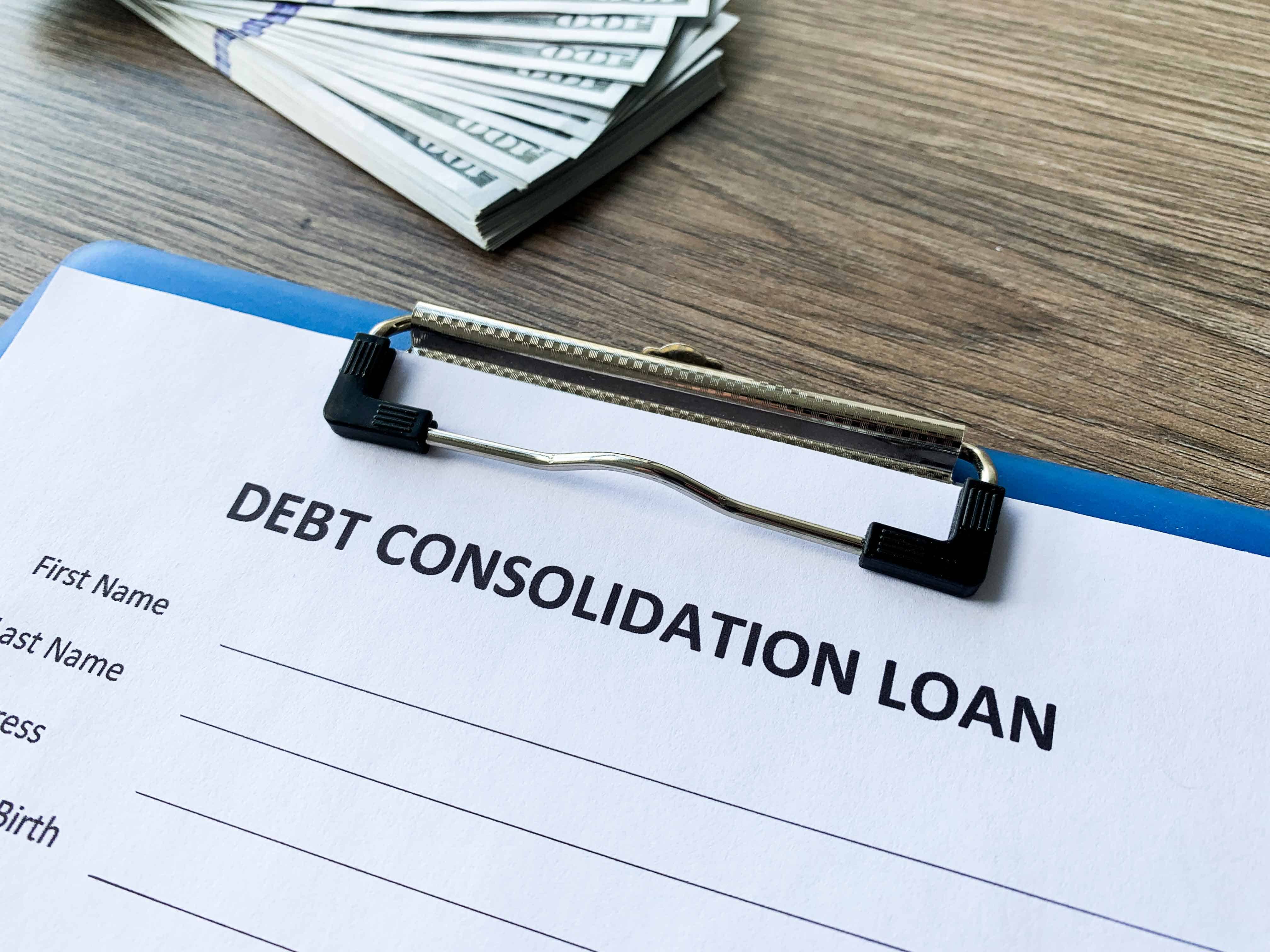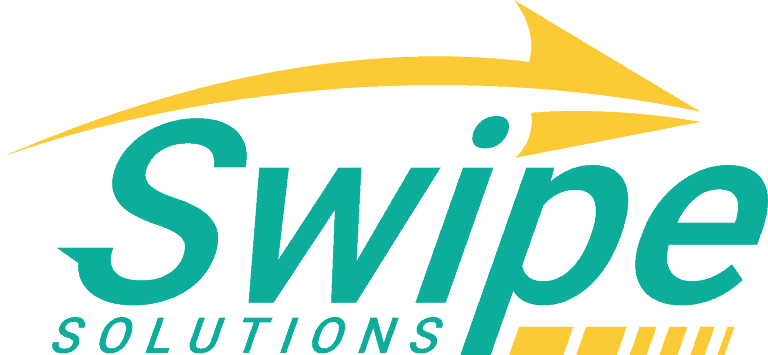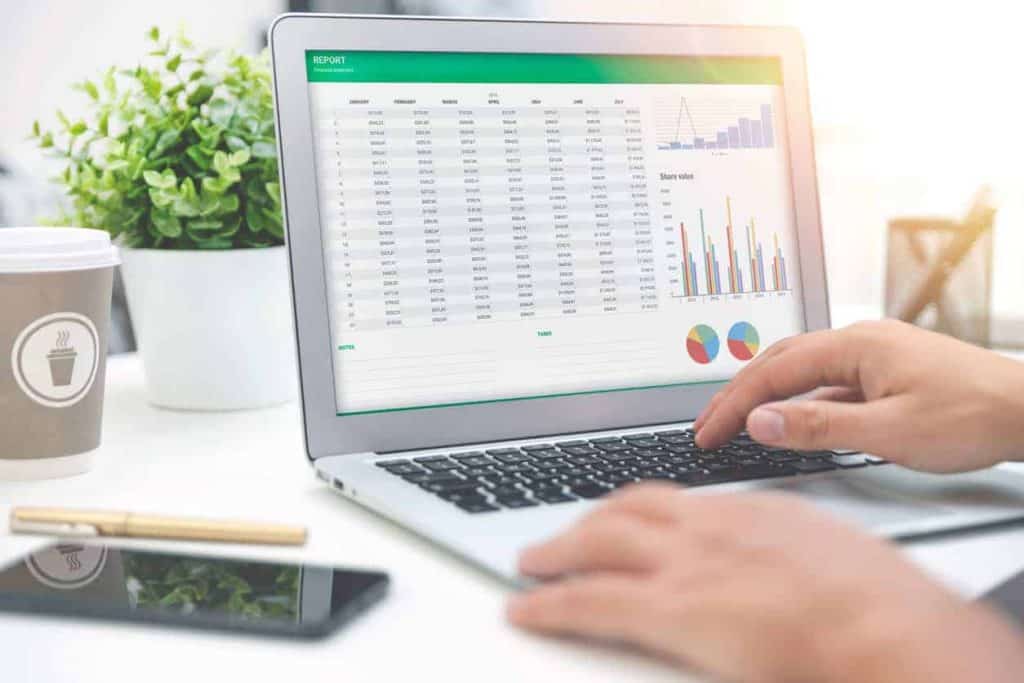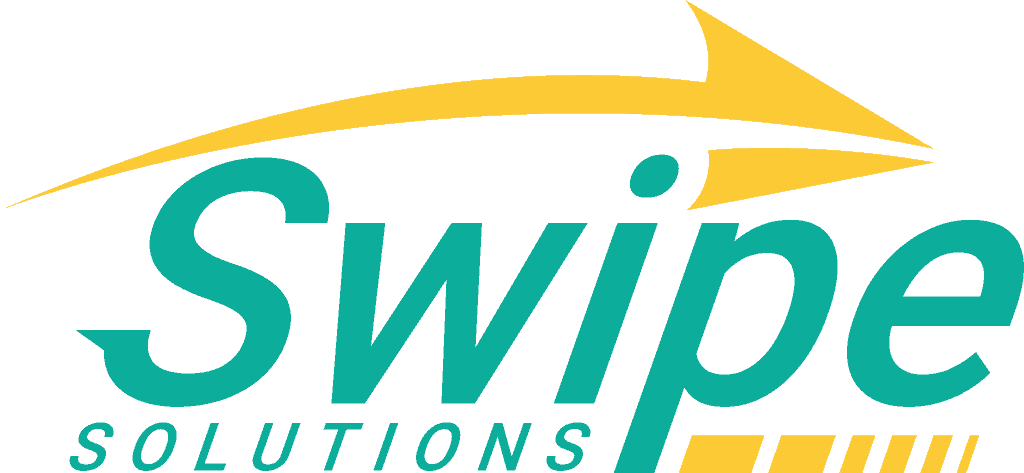When you apply for one large loan that you will use to pay all your smaller debts in full, this is called “consolidating your debts.” Instead of having to make several payments every month that have high interest rates, you only have one debt that has a lower interest rate than your previous debts. This option benefits you because it lowers the amount of interest that you must pay over the life of the loan, and it makes your life much less complicated. It also makes it possible for you to pay your debts in full in a reasonable amount of time. This sounds great, but it isn’t always the best option for everyone. It will be a good option for you if the following statements apply to you:
You Can Qualify for a Consolidation Loan with a Low Interest Rate

One way that debt consolidation can be good for you is if you can qualify for a low interest rate. The fact is that the high interest rates that you are paying on several debts are what is making it difficult for you to pay your debts in full.
Since you have been experiencing financial difficulties, you may have been having trouble paying your bills, and this affects your credit scores negatively. For example, if your credit scores are in the fair range of 630 to 689, you can expect to be offered an interest rate of 21.8%. To receive the best rate of 13.9%, your credit scores must be in the 720 to 850 range. Before you will be able to qualify for the best rates, you will need to spend some time raising your credit scores.
If your scores are low, all hope is not lost. You may be able to qualify for a personal loan if you have a steady income. Another option that you have is to find someone to become a cosigner on the loan with you. A cosigner promises to repay the loan in the event that you cannot do it, and this reduces the risk that a lender must take to offer you a personal loan. Because you have a cosigner, your interest rate will be much lower than the rate that you would have qualified to receive on your own.
It may be worth it to take a personal loan if it means that your debts will be paid in full within three to five years. Then, you can end the habit that you have of only making the minimum payments on your current debts.
Your Spending Is not Out of Control
A consolidation loan is best if you are using it to pay a moderate amount of debt rather than an enormous amount of debt. This would mean that you will be able to finish paying your debts within three to five years.
If your debt is entirely out of control, a personal loan isn’t going to solve the problem for you. Besides, lenders will be wary of you if you have a tremendous amount of debt. Lenders want to know that they are going to be repaid, and if you have a humongous amount of debt, you will be an extremely high risk. If you also have a low credit score and several missed payments on your credit reports, these will be extra red flags that will trigger denials from lenders.
Your debt may be out of control because you are constantly spending more money than you make every month, but you can end this by setting up a budget and sticking to it. This is an excellent idea for anyone, but if you don’t have enough money to last you the entire month, it would benefit you to spend some time calculating a budget. You may also be able to take a side job or work overtime. Then, you could open an account for an emergency fund that would keep you from falling into debt when an unexpected expense comes up.
Your Debt Can Be Managed
You will find that if you are approved for a debt consolidation loan that the debt isn’t going to go away overnight. The fact remains that you still have to learn how to manage your debt.
If you were to obtain a personal loan without addressing your spending, it would allow you to pay your credit card balances in full. Then, you might feel free to start maxing your credit cards out all over again. This would not do anything to help you with your current spending problems. If you apply for a loan and sign up for credit counseling, the loan has less of a chance of causing you to get into financial difficulties again. What you learn in credit counseling will help you stay out of financial trouble.
If you do not know how to create a budget, a credit counselor can help you. Credit counselors will teach you all you need to know about credit, how to create a budget and debt management. These are also the people you go to when you need financial education. For example, credit counselors send their clients to financial workshops and provide them with educational materials that teach them all about credit and money.
You Know How You Are going to Repay Your Debt

The best thing that you can do is know how you are going to pay your bills before you take out a personal loan. If your only plan is to obtain a loan so that you can pay all of your debts in full, you would only have done half of what you needed to do.
After you apply for debt consolidation, a credit counselor will help you put together a budget. You may not have been paying attention to the amount of money that you are bringing in each month and the amount of money that you are spending each month. A credit counselor would examine your income and expenses with you and explain the best way to manage your monthly expenses. A budget is instrumental in managing each month’s expenditures, but it also helps you plan for the unexpected expenses that always come up in life.
Sometimes, people are afraid of starting a budget because they aren’t good at math. Fortunately, your math skills don’t have to be excellent to have a budget. You can do it yourself with the budgeting software that is on the market now. You may even be able to find a free version online that provides you with spreadsheets. You can also do it yourself just by creating a ledger where you designate a column to your income, another to your expenses and the third column to the difference between the two.
You Can’t Qualify for a 0% Interest Rate
If you can apply for and obtain a credit card that offers you a 0% interest rate, it would be better for you to choose this option than apply for a loan. It will only work for you if you can pay your debts in full within the amount of time that the introductory period lasts.
You may not qualify for the 0% interest rate even if you could pay the balance within the introductory period. If you can qualify, it might be a better plan for you to apply for one of these cards rather than obtain a loan. If you can do it, the 0% interest rate on your debts would keep your monthly payments lower than they were when you were paying those high interest rates, so you will be able to reduce your balances and pay them in full in a much shorter period of time. These cards have even saved consumers thousands of dollars in interest, so they are worth the trouble.
The best 0% interest rate credit card doesn’t have an annual fee. You may even be able to find a card that will transfer your balances without charging a fee.
In the event that you can obtain a lower interest rate on a credit card, it would make a tremendous difference. For example, you have a $5,000 balance on your credit card. You can only afford to make a $200 payment every month. This card has a 29.96% APR and adds $2,937 in interest to your payments. It would take you 40 months to pay this bill in full. If you could lower your interest rate to 15.24%, your interest payments would equal $1,054, and it would take 31 months to pay the balance in full. The difference between $2,937 and $1,054 is $1,883, and this is after lowering the interest rate a couple of points.
If you can obtain results like the ones above, finding a credit card with a lower interest rate may be better than applying for a loan.
A credit card that allows you to transfer your balances from a credit card with a high interest rate to a credit card with a lower interest rate would help you pay down your debts faster and may eliminate the need for a loan. In our example, your $5,000 balance at 29.96% will be transferred to a credit card with a 0% interest rate. With an introductory period of 18 months, your interest payments would go from $2,937 to $1,498! You could pay the entire $5,000 balance in seven months if you lower the payments and add the money that you saved to the payments that you make every month.
Paying more than the minimum amount would also work without a balance transfer. If you are only paying the minimum amount every month, it will take you a long time to pay the balance in full, but you can pay more than the minimum and shorten your repayment period. This will work for you if you make sure that these payments go toward the principle. By paying $200 every month, you need five years to pay the balance in full. If you increase the payment to $300 each month, you would only need 19 months to pay this debt in full. The amount of interest you would pay would be lower as well, and you wouldn’t have to take out a loan.
Conclusion
A personal loan may be in your best interests, but if it isn’t, you can still plan to get yourself out of debt. The problem that you are having is a very common one in the United States. Americans were carrying $14.3 trillion in debt as of March of this year, and this is 1.1% more than the amount of debt recorded for last year. The advice in this article will help you while you also look to credit counselors for the answer to your financial difficulties. What are you going to do to get out of debt this year?


